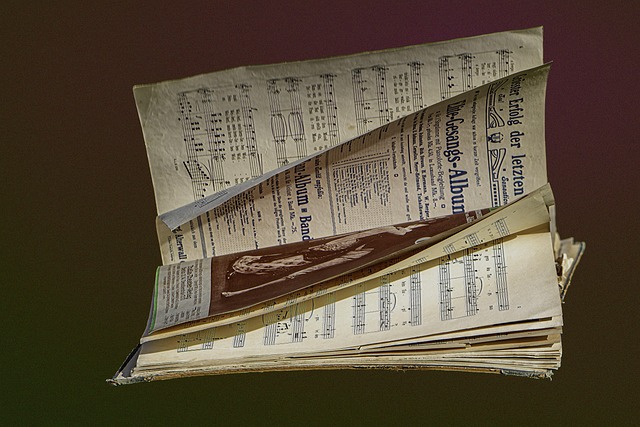Exploring the Power of Dialogue in Classic Literature
Classic literature, rich with depth and complexity, often serves as a mirror reflecting the intricacies of human experience. At the heart of these narratives lies a powerful element that drives the story forward and connects us with characters in profound ways: dialogue.
From the elegantly crafted exchanges of Shakespeare to the stark, poignant conversations in Dostoevsky, dialogue breathes life into characters, revealing their innermost thoughts, aspirations, and flaws. It is through these interactions that readers can truly grasp the essence of a character, feeling their struggles and triumphs as though they were our own.
The Art of Conversation
In classic literature, dialogue serves not just as a means of communication but as a tool for character development and thematic exploration. For instance, consider the witty repartee of Elizabeth Bennet and Mr. Darcy in Jane Austen’s Pride and Prejudice. Their conversations expose societal expectations and personal biases, bringing the reader into a world where every word holds weight and unspoken tension simmers just beneath the surface.
Reflecting Society Through Words
Moreover, dialogue allows authors to comment on the societal norms of their time. In Mark Twain’s The Adventures of Huckleberry Finn, the interactions between characters not only develop the storyline but also critique the moral compass of the era, challenging readers to confront their own beliefs about race and humanity through the lens of vernacular speech. This authentic use of dialogue shapes our understanding of the characters’ struggles and the broader cultural issues at play.
Emotional Resonance
The emotional resonance of dialogue in classic literature can be captivating. Tolstoy’s Anna Karenina captures the devastating failures of communication in relationships, using conversations that ebb and flow with the characters’ emotional states. Through these exchanges, readers can experience the heartbreak and joy of love, making us feel as if we, too, have walked the paths of yearning and despair that the characters tread.
The Timeless Nature of Dialogue
Even though these classics were penned centuries ago, the power of dialogue remains timeless. As we dive into the worlds created by great authors, we realize that the struggles around understanding, connection, and the pursuit of truth remain relevant today. The conversations within these texts invite us to reflect on our own dialogues—both spoken and unspoken—in our daily lives.
It is through dialogue that we can explore our shared humanity, bridging gaps between eras and cultures, compelling us to listen and engage with one another on a deeper level. As we revisit the pages of classic literature, let us not forget the magic of the conversations that define them—the whispers of the past that continue to echo in our hearts.




